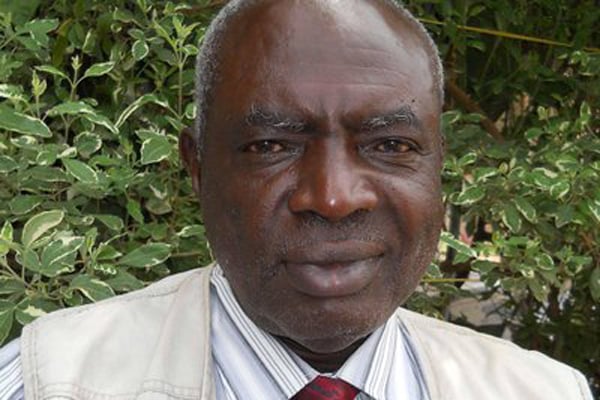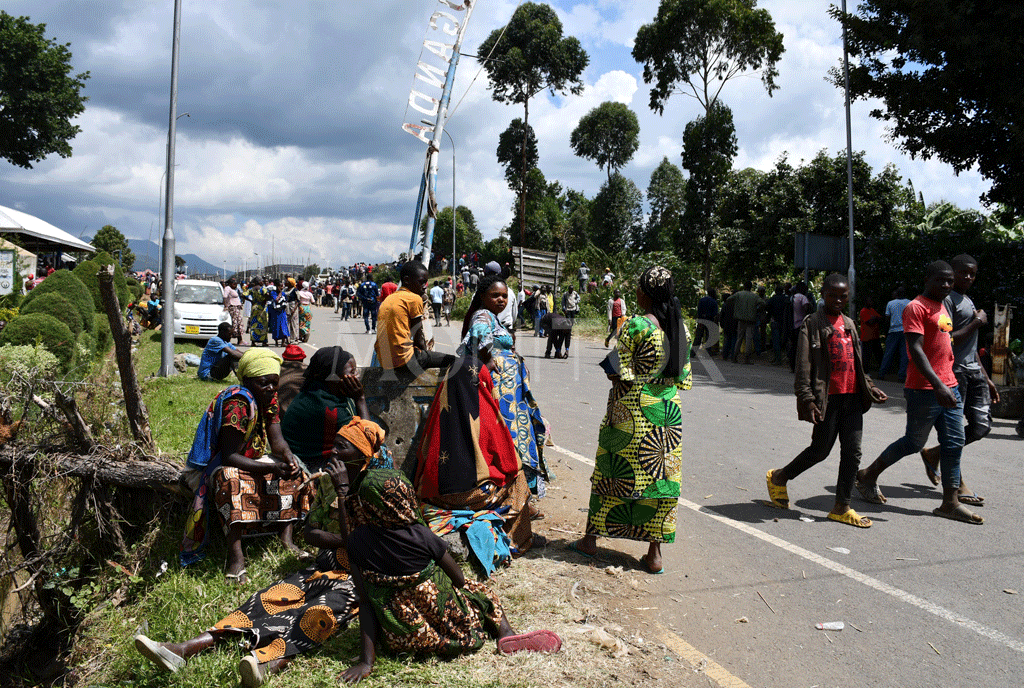Farming for food security

Michael J. Ssali
What you need to know:
- The Global Hunger Index (2018) gives Uganda’s undernourishment rate as 41.4 percent. It mentions low intake of nutrients from foods of animal origin such as milk, eggs and meat, which are inaccessible to poor people.
The Food and Agriculture Organisation (FAO) defines food security as the state of having reliable access to a sufficient quantity of affordable, safe and nutritious food, all the time.
About two weeks ago prominent farmers and agriculture officers from seventeen districts in western Uganda met at Mbarara Zonal Agricultural Research Development Institute (MbaZARDI) where they discussed nutrition and enhancement of agricultural production by planting improved seed varieties. The event was arranged by the National Agricultural Research Organisation (Naro) and Uganda Biotechnology and Bio-safety Consortium (UBBC).
Mr Arthur Makara, UBBC Coordinator, told participants that under nutrition is a big health issue in Uganda as most people suffer from what he referred to as ‘hidden hunger’ --- position in which poor people fill their tummies with staples such as bananas, cassava, and potatoes but remain undernourished because the food they eat lacks micronutrients such as vitamins, protein, and minerals like iron and zinc.
He also said that mindless destruction of forests and climate change have caused eruption of pests which have caused untold damage to crops.
The Global Hunger Index (2018) gives Uganda’s undernourishment rate as 41.4 percent. It mentions low intake of nutrients from foods of animal origin such as milk, eggs and meat, which are inaccessible to poor people.
Makara further revealed that through biotechnology it is now possible to fuse nutrients such as vitamin A, zinc and iron into the food crops ordinarily eaten by poor people to curb under nutrition and that agricultural research has produced crop varieties that are tolerant to drought and resistant to destructive pests and diseases.
The interaction was part of a nationwide effort to promote the use of improved planting materials by farmers. They visited a confined trial banana garden where research on enhanced Vitamin A banana variety is taking place. In the garden, Mr Isaac Magumba updated the agriculture officers and the farmers about what has so far been achieved in the development of the banana varieties.
Dr Jimmy Tindamanyire, Senior Research Officer and Biotechnologist at Kawanda (Naro) told the group, “A pregnant woman must eat 50 banana fingers in a single meal to get the amount of Vitamin A needed for healthy living which is impossible, but here we are developing transgenic bananas with enhanced levels of pro-vitamin A.”
Mr Michael Ssali is a veteran journalist,




